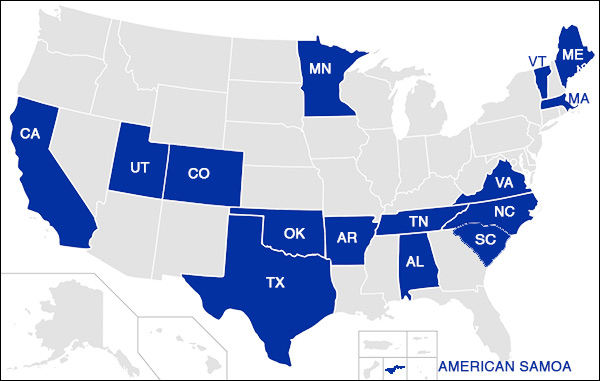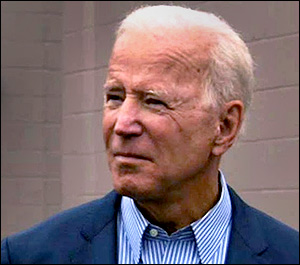By Jim Ellis
Feb. 28, 2020 — While the Democratic presidential primaries have dominated the political media coverage for next Tuesday’s big election, five states are also holding their regular primary elections including four with Senate races.
Voters in Alabama, Arkansas, North Carolina, and Texas will begin choosing their nominees for the Senate and their entire slate of down ballot races. Each is a run-off state, and two of the aforementioned, Alabama and Texas, appear headed for a secondary Senate primary contest later in March and May, respectively. The regular California primary is also scheduled, but there is no Senate election in the Golden State this year. We will, however, see 53 sets of US House general election participants advance to the general election from their top-two jungle primary system.
In Alabama, former US attorney general and senator Jeff Sessions is attempting a political comeback. Retired Auburn University head football coach Tommy Tuberville and US Rep. Bradley Byrne (R-Mobile) are his chief opponents. Former Alabama Supreme Court chief judge Roy Moore is also on the ballot, but polling suggests he will not even break into double digits.
Sessions ad
Sessions launched two new ads in the last couple days, one that promotes himself as a strong supporter of, and the best person to implement the Trump agenda. The second is an attack ad against Tuberville, hitting him with audio of the retired coach saying we need immigrants coming across the border for certain jobs and that Tuberville actually lives and pays taxes in Florida.
Tuberville ad
Earlier, Tuberville was running a statewide ad reminding the electorate that President Trump fired Sessions as attorney general and that choosing him for the post was the president’s top regret during his tenure in office. Rep. Byrne has been simultaneously running a negative spot jointly attacking both of his top opponents.
The most likely pair to advance into the run-off are Sessions and Tuberville. The secondary election is scheduled for March 31.
Arkansas Sen. Tom Cotton (R) is virtually re-elected. Democrats failed to file a candidate against him, meaning Tuesday’s primary is a non-event for the first-term senator. He will advance into the general against only minor party opposition.



 Feb. 24, 2020 — It is becoming clearer that the Democratic presidential contest could result in an open, or “brokered”, convention. This would occur if no candidate secures majority support after the electorates in all the voting entities have cast their ballots and the delegates’ first ballot tallies are locked into place under the individual state laws.
Feb. 24, 2020 — It is becoming clearer that the Democratic presidential contest could result in an open, or “brokered”, convention. This would occur if no candidate secures majority support after the electorates in all the voting entities have cast their ballots and the delegates’ first ballot tallies are locked into place under the individual state laws. By Jim Ellis
By Jim Ellis